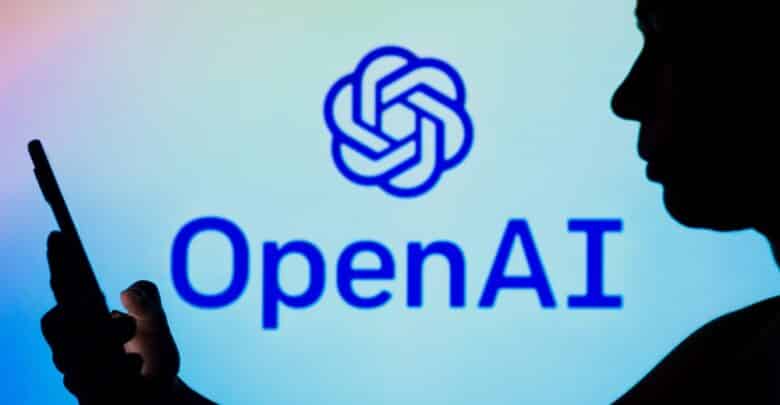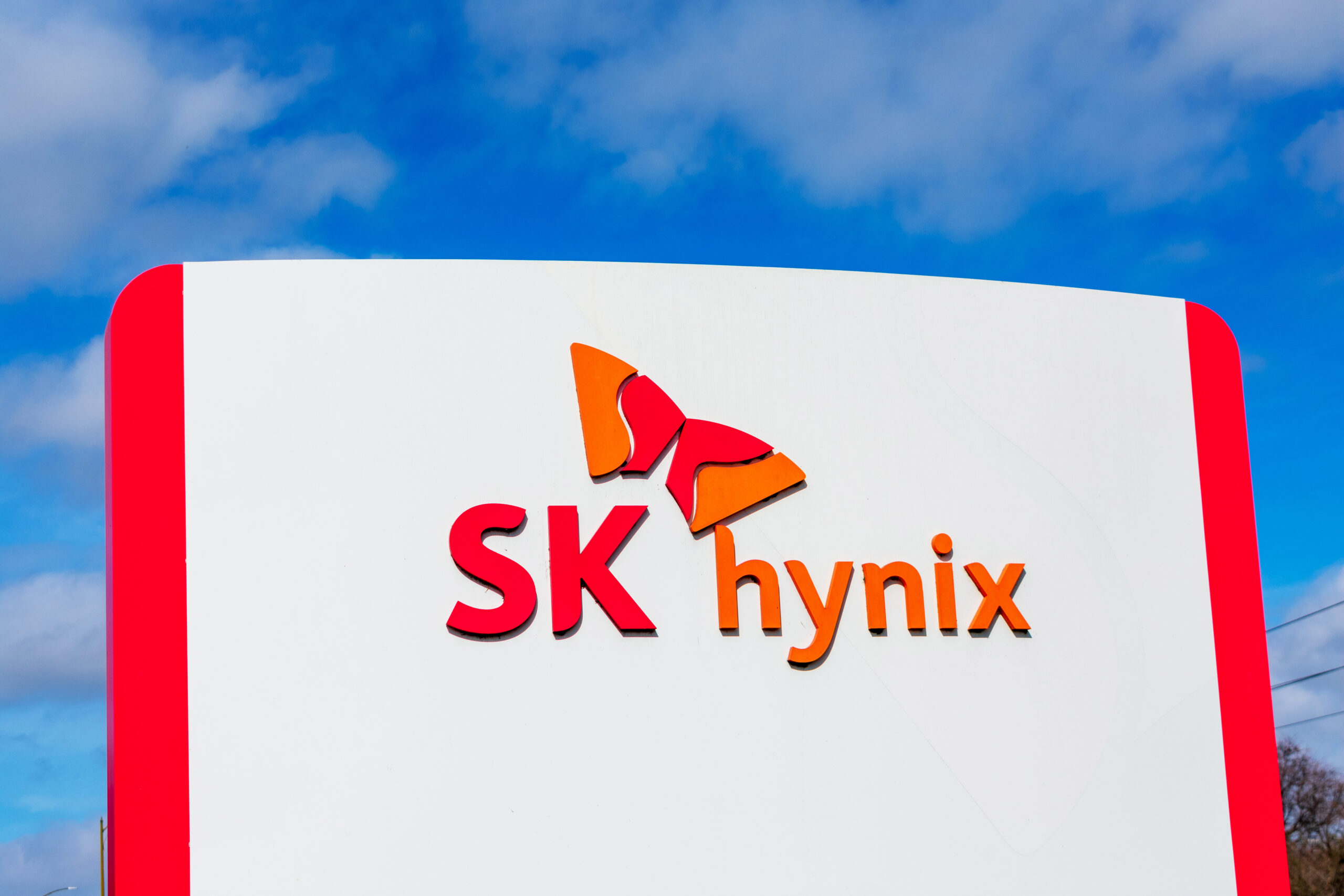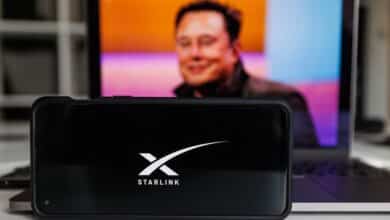OpenAI Halts ChatGPT’s Sky Voice Following Scarlett Johansson’s Complaint

Key Insights:
- OpenAI halts ChatGPT’s Sky voice after Scarlett Johansson claims it closely mimics her own, leading to legal action and AI ethics concerns.
- Scarlett Johansson hires a legal team after OpenAI’s Sky voice sounds eerily similar to hers, igniting debate over AI and deepfake technology.
- The controversy over ChatGPT’s Sky voice highlights ongoing issues in Hollywood about unauthorized AI usage of celebrities’ voices and likenesses.
OpenAI has decided to pause the use of its new voice mode for ChatGPT following a controversy involving actress Scarlett Johansson. The company announced the decision on May 20, responding to concerns about the resemblance between its “Sky” voice and Johansson’s distinctive voice. Johansson has claimed that the AI voice closely mimics her own, leading to widespread confusion and legal action.
Scarlett Johansson revealed that she was initially contacted by OpenAI’s CEO, Sam Altman, who offered her the opportunity to do voice work for the ChatGPT 4.0 model. Johansson declined the offer, but she was soon contacted by friends and family who noticed the resemblance between her voice and the newly released Sky voice. Johansson expressed her shock and disbelief at how closely the AI voice mimicked her own, prompting her to hire a legal team to address the issue.
Johansson’s concerns are particularly in an era where deepfakes and unauthorized use of celebrity likenesses are becoming more prevalent. She emphasized the need for clarity and protection of personal likenesses in light of these technological advancements.
OpenAI’s Response and Clarifications
In response to Johansson’s allegations, OpenAI provided a detailed explanation of how it selected voice actors for its ChatGPT voices. The company insisted that Sky’s voice is not an imitation of Scarlett Johansson but rather the work of a different professional actress who uses her natural speaking voice. OpenAI emphasized its commitment to not deliberately mimic any celebrity’s distinctive voice.
OpenAI stated that each actor was given a clear vision for human-AI voice interactions and was informed about the technology’s capabilities, limitations, and associated risks. Despite these assurances, the controversy has led to heightened scrutiny of AI-generated voices and their potential to mimic real individuals without consent.
Sam Altman’s Involvement and Online Speculation
Sam Altman, CEO of OpenAI, personally responded to the incident, asserting that it was not intentional for the Sky voice to sound like Johansson. However, his earlier post on X on May 13th, where he wrote “her,” has fueled speculation. Some internet users have linked this post to the 2013 film “Her,” in which a man falls in love with an AI system voiced by Johansson. This connection has further complicated Altman’s position in the ongoing controversy.
This incident with Scarlett Johansson is not an isolated case. Johansson had previously filed a lawsuit against another AI company for using her likeness without her consent. The issue of unauthorized use of celebrity likenesses in AI-generated content has been a significant topic of discussion, particularly during the SAG-AFTRA union strikes in Hollywood last year. Actors have raised concerns about studios using AI to clone their likenesses for new content without their permission.
AI-generated impersonation scams have increasingly targeted public figures. Notable examples include YouTube personality Mr. Beast, actor Tom Hanks, and entrepreneur Elon Musk, who have all been impersonated using AI technology. These incidents highlight the growing need for regulations and protections against unauthorized use of personal likenesses in AI applications.
Historical Context and Industry Practices
The controversy surrounding AI-generated voices is not new. Susan Bennett, the original voice behind Apple’s iconic Siri assistant, revealed that she was aware of her involvement when the product was launched.
Bennett had recorded her voice for a company called ScanSoft in 2005, which Apple later acquired. She mentioned that she has yet to receive any payment or recognition from Apple and initially feared that the widespread use of her voice would impact her career opportunities.
Editorial credit: rafapress / Shutterstock.com
Tokenhell produces content exposure for over 5,000 crypto companies and you can be one of them too! Contact at info@tokenhell.com if you have any questions. Cryptocurrencies are highly volatile, conduct your own research before making any investment decisions. Some of the posts on this website are guest posts or paid posts that are not written by Tokenhell authors (namely Crypto Cable , Sponsored Articles and Press Release content) and the views expressed in these types of posts do not reflect the views of this website. Tokenhell is not responsible for the content, accuracy, quality, advertising, products or any other content or banners (ad space) posted on the site. Read full terms and conditions / disclaimer.




